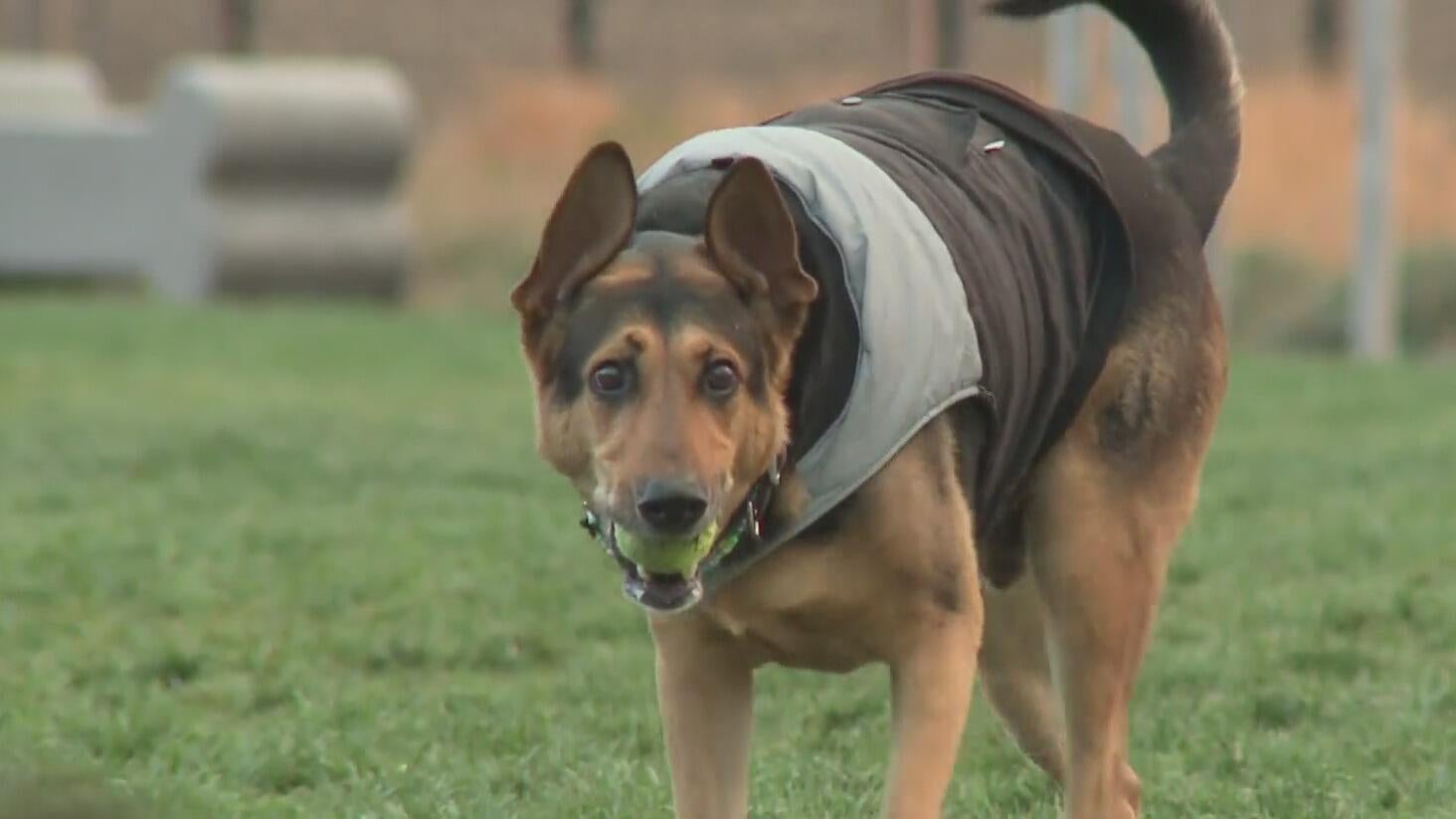UC Davis researchers warn that dogs are also susceptible to valley fever
A recent rise in valley fever cases among people has researchers concerned that our four-legged companions may also be at risk.
Each year, about 1,000 cases of valley fever are reported in dogs across California. If your dog or other pet is diagnosed with valley fever, researchers say it may be a signal that you should get checked.
At a dog park in Tracy, dozens of dogs run and play daily in an area considered a hotspot for valley fever.
Valley fever is caused by a fungus that lives beneath the soil. When construction or farming disturbs the ground, the fungal spores can become airborne, where both humans and pets can breathe them in.
Dogs that like to dig may be at even greater risk due to more direct contact with the soil.
"That puts them in close contact with the fungus that's in the soil, and that might even mean there's more cases in dogs than there are in people," said Dr. Jane Sykes, professor of veterinary medicine and epidemiology at UC Davis.
Sykes explains that valley fever affects a wide range of animals, including dogs and horses. She notes that the close contact dogs have with soil could mean there are more canine cases than we realize — possibly even more than in people.
"There are several cases where the dog and their owners have developed the disease around the same time," Sykes said.
In 2024, over 12,000 human cases of valley fever were reported. For dogs, it's about 1,000 per year.
UC Davis is one of the few places where both people and pets can be treated for the disease.
Symptoms in dogs can mirror those in humans: flu-like signs, pneumonia, and even more serious complications if the fungus spreads to bones, skin, or the brain. Dogs with pneumonia often have a cough, much like people.
Dr. Sykes says awareness is key, as valley fever can often be misdiagnosed — not just in people, but by veterinarians as well.
To help reduce your risk, especially if you work in construction, gardening, or dig into dirt regularly, wearing a mask is one of the best preventive steps you can take.
